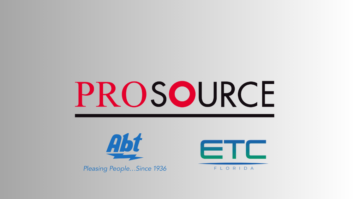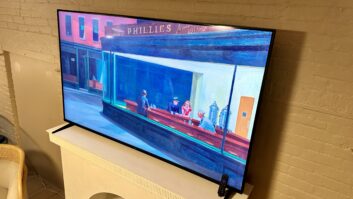Washington – The U.S. Department
of Justice filed a suit in a U.S. District Court here to block AT&T’s
proposed merger with T-Mobile, calling the merger anticompetitive.
AT&T said it would contest
the action and ask the court for an “expedited hearing” on the complaint, a
copy of which is available here.T-Mobile has not commented.
AT&T’s acquisition of T-Mobile, the department said, “would eliminate a
company that has been a disruptive force through low pricing and innovation.”
For his part, Federal
Communications Commission (FCC) chairman Julius Genachowski said he has serious
doubts about the merger. Although the FCC hasn’t completed its own review of
the proposal, he said, “the record before this agency also raises serious concerns
about the impact of the proposed transaction on competition.”
“Vibrant competition in wireless
services is vital to innovation, investment, economic growth and job creation,
and to drive our global leadership in mobile,” Genachowski said he continued.
“Competition fosters consumer benefits, including more choices, better service
and lower prices.”
In its own analysis, the Justice
Department contended that AT&T “had
not demonstrated that the proposed transaction promised any efficiencies that
would be sufficient to outweigh the transaction’s substantial adverse impact on
competition and consumers.” In fact, the department claimed, “AT&T could
obtain substantially the same network enhancements that it claims will come
from the transaction if it simply invested in its own network without
eliminating a close competitor.”
The merger, the department
concluded, “would substantially lessen competition for mobile wireless
telecommunications services across the United States, resulting in higher
prices, poorer quality services, fewer choices and fewer innovative products
for the millions of American consumers who rely on mobile wireless services in
their everyday lives.”
The department cited T-Mobile’s
role as “a value provider offering particularly aggressive pricing” and the
carrier being the first in the U.S. to launch multiple services or products,
including the first Android smartphone, Blackberry wireless email, national
Wi-Fi hot spot access, HSPA+ technology, and a variety of unlimited service
plans.
The department also cited internal
AT&T documents pointing out that the ways AT&T felt competitive
pressure from T-Mobile. In one instance, an AT&T employee said in one
document that “[T-Mobile] was first to have HSPA+ devices in their portfolio … we
added them in reaction to potential loss of speed claims.”
Neither regional carriers nor
potential new entrants will offset the merger’s negative impact on competition,
the department continued. Regional providers “face significant competitive
limitations, largely stemming from their lack of national networks, and are
therefore limited in their ability to compete with the four national carriers,”
the department said. Potential new carriers “would be unable to offset the
transaction’s anticompetitive effects because it would be difficult,
time-consuming and expensive, requiring spectrum licenses and the construction
of a network,” the department concluded.
AT&T and T-Mobile compete
head to head nationwide, including in 97 of the nation’s largest 100 markets,
and compete nationwide to attract business and government customers, the
department noted.
“Were the merger to proceed,”
said Deputy Attorney General James M. Cole, “there would only be three
providers with 90 percent of the market, and competition among the remaining
competitors on all dimensions — including price, quality and innovation — would
be diminished.”
Wayne Watts, AT&T senior executive
VP and general counsel, begged to differ. “We are surprised and disappointed by
today’s action, particularly since we have met repeatedly with the Department
of Justice and there was no indication from the DOJ that this action was being
contemplated,” he said.
AT&T plans to ask for “an
expedited hearing so the enormous benefits of this merger can be fully reviewed,”
he continued. “The DOJ has the burden of proving alleged anti-competitive
affects and we intend to vigorously contest this matter in court.”
The merger, he reiterated, will help
solve the nation’s “spectrum exhaust situation,” improve wireless service, and
enable AT&T to expand 4G LTE mobile broadband to another 55 million people,
or 97 percent of the population.
A merger would also produce “billions
of additional investment and tens of thousands of jobs at a time when our
nation needs them most,” he claimed.













